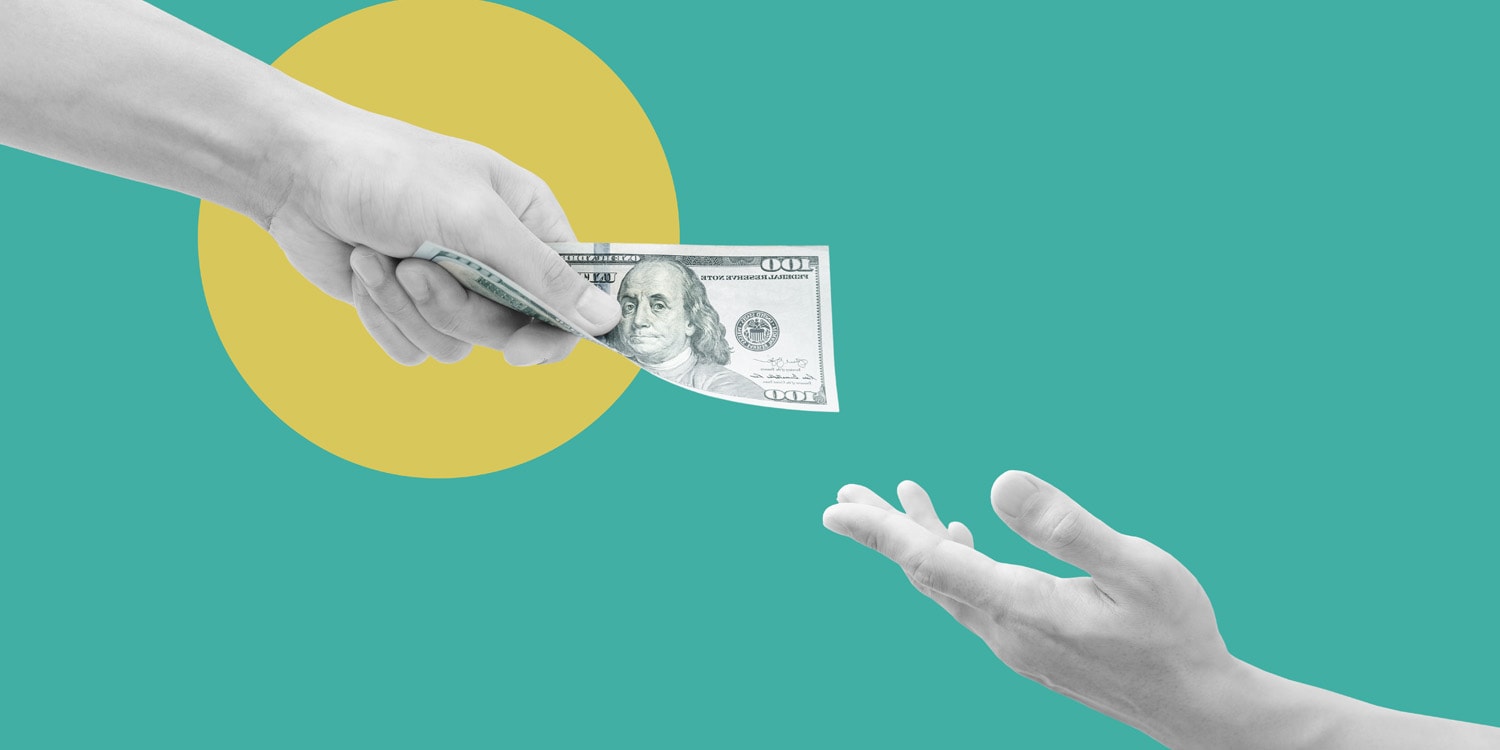A study published in Marketing Letters found that self-perceived attractiveness can promote prosocial behavior through increased public self-consciousness and impression management, but only when these actions are visible to others.
While prior studies have explored how observers perceive the morality of attractive individuals, limited research has examined this phenomenon from the perspective of the individual. Specifically, little is known about how one’s self-perception of attractiveness influences behaviors like helping others. Hongyu Meng and Jun Ye explored this by focusing on the behavioral consequences of self-perceived attractiveness, motivated by the widespread use of beauty-enhancing products and tools.
The researchers noted that people’s desire for physical attractiveness is nearly universal, with billions spent annually on cosmetics and image-enhancing tools. While there is a debate about whether “looking good” and “doing good” are inherently opposed, the current study aims to provide empirical evidence on how feeling attractive may promote prosocial behavior.
In studies 1a and 1b, 220 and 200 participants were randomly assigned to either an attractiveness or control condition. In the attractiveness condition, they listed things that made them feel attractive, while the control group listed things they had done in the past week. Next, participants were asked to engage in prosocial tasks, such as donating to a nature reserve (study 1a) or participating in a charitable survey (study 1b).
In study 2, 230 participants took selfies using filters that either enhanced or reduced their attractiveness, with a control group using a regular camera app. Following this, participants’ willingness to donate money to charity was measured, and their levels of public self-consciousness and impression management motivation were also assessed.
Study 3 replicated the methods of study 1a but added a privacy condition. A total of 800 participants were told that their donations would either be anonymous or visible, allowing the researchers to test the influence of perceived privacy on prosocial behavior.
In Studies 1a, 2, and 3, prosocial behavior involved hypothetical donations, while Study 1b measured actual time donations through participation in a follow-up survey.
The results of studies 1a and 1b showed that participants in the attractiveness condition were significantly more likely to engage in prosocial behavior. In study 1a, those who felt attractive were more willing to donate to the nature reserve, while in study 1b, they were more likely to participate in the follow-up charitable survey.
In study 2, participants who took selfies with beauty-enhancing filters reported higher levels of public self-consciousness and impression management motivation, leading to greater willingness to donate. By contrast, those using unattractive filters or no filter were less likely to engage in prosocial behavior, suggesting that feeling attractive boosts prosocial tendencies through a heightened awareness of how one is perceived by others.
Study 3 demonstrated that when participants were told their prosocial behavior would be anonymous, the effect of self-perceived attractiveness disappeared, highlighting the importance of visibility in driving prosocial behavior.
One limitation is that these studies primarily relied on self-reported measures of prosocial behavior, which may not always align with real-world actions.
The research “Looking good and doing good: the effect of self-perceived attractiveness on prosocial behavior”, was authored by Hongyu Meng and Jun Ye.




